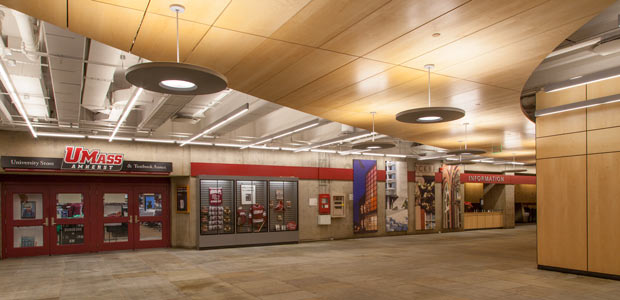In an announcement heralding the “overnight success” of a rapidly growing central Massachusetts-based company, The Worcester Regional Chamber of Commerce recently named Skyscope Creative as its choice for Entrepreneur of the Year.
Alex Dunn, Skyscope’s Chief Operating Officer and one of its three founding partners, expressed his appreciation for the recognition. “From the very outset, Skyscope’s mission has been to help the world’s most interesting and important technology companies solve key business challenges with creative and effective video. We work very hard to deliver the best for our clients, and it’s nice to know that the business community is recognizing us for our efforts on their behalf.”
Founded in 2012 by classmates Dunn, Sam Shepler (CEO), and Gabe Gerzon (Creative Director), all were enrolled in Clark University’s MBA program and had an obsession with video production as well as a shared vision for its largely untapped potential in specific business applications. The field was far from empty, but the three grads saw they had an advantage that set them apart, so they launched Skyscope and got to work. Today, the company they founded in a shared off-campus apartment now occupies an entire floor of newly renovated warehouse space and is among the nation’s very best producers of video for business. Their roster of clients includes Cuisinart, The Game Show Network, Emirates Airlines, and Pinterest – among dozens of others.
It may have made sense to some to launch their hot new media agency in either New York, Los Angeles, or even Boston, but the three chose instead to headquarter their new venture in Worcester. While none of the three were native to Worcester, all had grown familiar (and enamored) with the area while attending Clark. They recognized the city offered the rare combination of a skilled workforce, low-cost space availability, easy access to transportation infrastructure, and a resurgent attitude; all ingredients for success.
One factor contributing to the company’s culture of entrepreneurial spirit is their willingness to make room for talent – even if that talent is not immediately applicable to a specific job description. Says Dunn, “We host these ‘Entrepreneurs-in-Residence’ for the express purpose of keeping creativity at its peak. We encourage them to work on projects that they want to pursue, recognizing that enthusiasm is a strong contributor to success. Each of those we have nurtured in this way have gone on to great success, but don’t think for a minute that we don’t recognize the benefit we receive from the relationship. It is a true win-win.”
Skyscope Creative is a true entrepreneurial success story – and the book’s not yet done being written.





